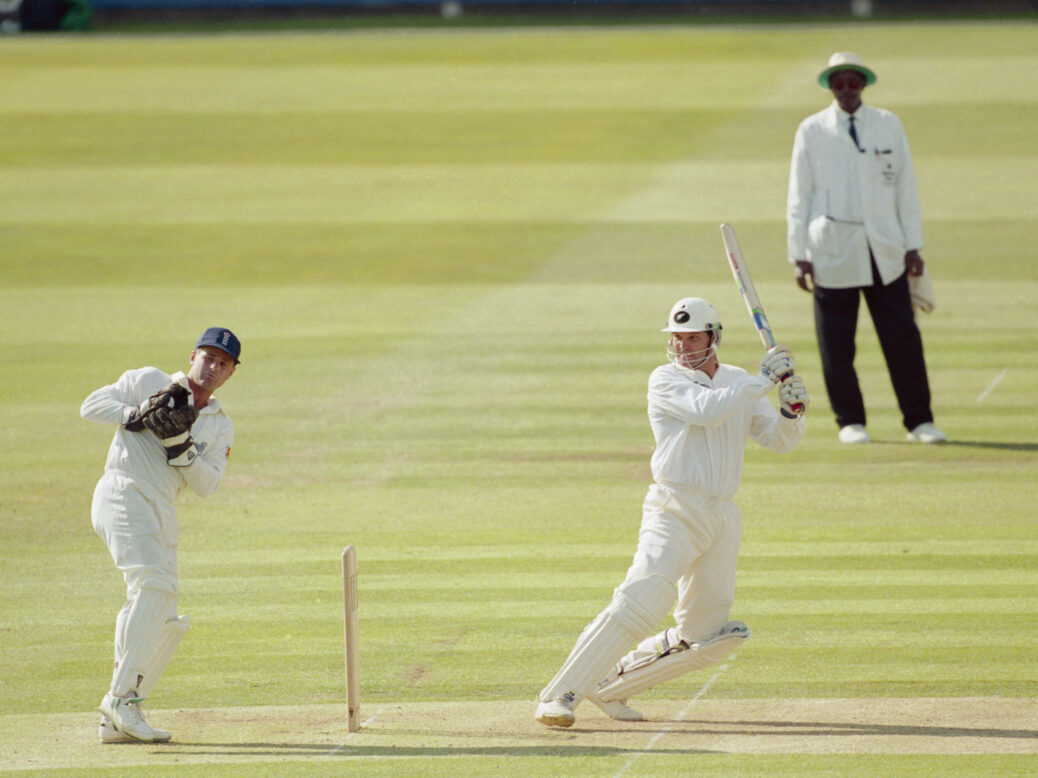
Cricket, in the immortal words of Ashis Nandy, is an Indian sport discovered accidentally by the British. The irony is that it is becoming a British sport killed accidentally by the Indians.
At least Test cricket is. For a sense of the divergence underway in this most noble of sports, you need only to look at the results currently emanating from Down Under. There, England are pulverising their Australian hosts, with dashing opening batsmen inflicting horrible pain on fast bowlers. Yes, you read that right. England on top. And yet before Christmas, all of the headlines were the inverse: Australia humiliating England in a shamefully one-sided series that the hosts eventually won 4-0.
The balance of power in the two series could hardly be more different. Yet we ought not to be surprised, because they come from domains that are increasingly unrelated. Cricket is becoming two sports, with two cultures and two communities living by different rules and customs. This is cricket fast and slow: an ancient game ripped asunder by the confrontation between its inherited traditions and the hypermobile, global ambitions of a proud nation. No, not Australia; the messy divorce underway in this sport is mostly India’s fault.
Ten years ago, a Gatsby figure called Lalit Modi launched the Indian Premier League – a new, domestic competition that was based on the shorter form of the game known as Twenty20. This radically accentuated the decades-long split between Tests, which last five days, and the one-day game.
“The IPL was set up because there was a void in the market,” Modi told me in his mansion off Sloane Street, west London, last year, when I was making a documentary for BBC Radio 4. “India was one of the largest democracies in the world, we had close to 1.2 billion people, and we didn’t have a sport or a league that we could actually call our own.”
Over the past decade, India’s burgeoning middle class has created a vast new audience for the shorter form of the game, pouring in billions and pulling the centre of power within the sport to the East.
It is a curiosity of cricket that, unlike with many other sports, domestic competitions have never been where the best action is. Cricket has thrived in the international arena. But with the IPL, for the first time, there was a flourishing domestic league watched by hundreds of millions. And, for the first time, players could be paid a lot of money in domestic cricket. As a result, some of the top talents in the game pulled out of Test cricket to preserve their bodies for the shorter, more lucrative form of the game.
Whereas Test cricket is, as the name suggests, a test of character, in which patience, stamina, attrition and mental toughness are prized, Twenty20 requires a totally different set of skills. This is not to say it is inferior: the power and hand-eye co-ordination demanded by top-level Twenty20 is remarkable, and its buccaneering spirit has prompted plenty of innovation.
Yet, as my distinguished colleague, Ed Smith, has written in these pages, the result is that Test cricket is in a bad way. There are so many reasons for this, from insane scheduling to flat pitches, the removal of Tests from terrestrial television and modern lifestyles that provide alternative forms of entertainment. Undoubtedly, however, a principal cause of Test cricket’s torpor is the draining of talent, resources, and attention spans towards Twenty20, and the consequent concentration of power within India.
“Cricket is going to change even more in the next ten years than it has in the previous ten,” England’s one-day captain, Eoin Morgan, said recently. “I’d say, if anything, the formats are getting further and further apart.”
Cricket has always been the best index of global power in sport. In the age of empire, the English taught their subjects, who mastered the game and then defeated their former colonial oppressors. India’s dominance of cricket today is the ultimate example of this imperial inversion, and comes at a time when the momentum of history is with this young country.
If Test cricket is not to become a museum piece – or the preserve of some combination of public schoolboys, immigrant populations from South Asia and hipsters for whom it is cool – it needs exceptional leadership and a very effective plan. Luckily, there is still a deep love for the game in the old country. But even in England, the flame is going out and something precious could soon be lost forever.
This article appears in the 24 Jan 2018 issue of the New Statesman, How women took power



